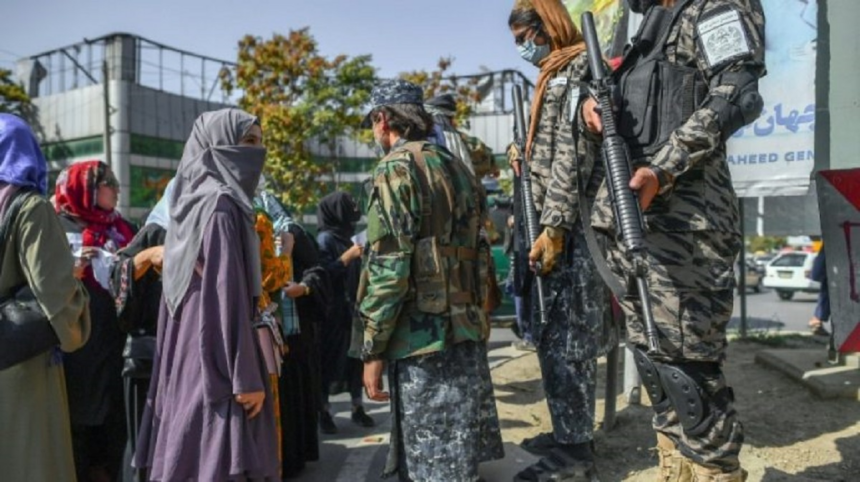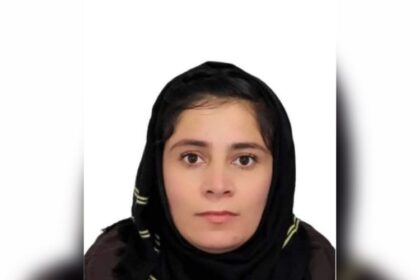RASC News Agency: Indrika Ratwatte, Deputy Special Representative of the United Nations Secretary-General and Humanitarian Coordinator in Afghanistan, has sounded a grave alarm over the deteriorating humanitarian conditions in the country conditions that, according to the UN, are pushing millions toward the brink of disaster, with women, children, and the next generation facing the most devastating consequences. Speaking at the EU High-Level Meeting held in Brussels on June 16–17, Ratwatte emphasized that the international community must urgently shift from short-term emergency aid toward long-term, sustainable investments in education, healthcare, and women’s empowerment. “If we fail to invest today in the education and health of girls, we will condemn an entire generation to darkness,” she stated.
The warning comes at a time when more than 23 million people over half of Afghanistan’s population depend on life-saving humanitarian assistance. This crisis, Ratwatte warned, is not simply the result of natural disasters or global instability, but is being driven by systemic failures in governance, the deliberate exclusion of women from public life, and the severe restrictions imposed on civil liberties under Taliban rule. She noted with alarm that international aid to Afghanistan has dropped drastically in recent months. The result: hundreds of clinics and nutrition centers have been shut down, and critical programs supporting survivors of gender-based violence have been forced to cease operations. “Lives are already being lost due to the withdrawal of aid,” she said. “We are witnessing the real-time collapse of a humanitarian safety net.”
The UN further warned that two decades of hard-won progress particularly in women’s rights, education, and healthcare are now at risk of being wiped away. Ratwatte underscored that without swift international action, the situation could spiral into irreversible decline. Afghanistan also ranks as the sixth most climate-vulnerable country on Earth. Prolonged droughts, intense flooding, and chronic water scarcity now threaten the survival of millions. “In many rural areas, children especially girls are walking kilometers each day just to find water, instead of sitting in classrooms where they belong,” Ratwatte explained. The return of nearly one million migrants from Iran and Pakistan in the past year has further strained Afghanistan’s fragile economy. A large percentage of returnees are young men with limited opportunities. Without urgent support, Ratwatte warned, they risk falling prey to recruitment by extremist groups, adding another layer of insecurity to an already volatile situation.
Despite these grim realities, Ratwatte acknowledged the resilience and determination of Afghanistani women, particularly those who have launched and led small businesses in an increasingly hostile environment. According to UN data, the number of female-led enterprises has surged from 2,400 in 2021 to more than 10,000 a testament to the potential that remains within the country. These women are active in sectors such as textiles, dried fruits, handicrafts, and traditional carpet weaving. Yet they continue to face severe barriers, including lack of access to capital, market networks, and formal education, all due to the Taliban’s institutionalized restrictions on women. Calling on the European Union the largest donor to Afghanistan to maintain and expand its commitments, Ratwatte urged the bloc to stand firm in support of education, healthcare, and livelihood support, even amid global funding fatigue. “If we abandon Afghanistan now,” she warned, “we risk igniting a fresh wave of mass migration, emboldening extremist networks, and fuelling the resurgence of the narcotics economy.”
Yet, she concluded with cautious hope: “Despite all obstacles, hope persists. We still maintain access to all provinces, and with the collaboration of local actors and international partners, we are determined to support the most vulnerable especially women and girls.”






